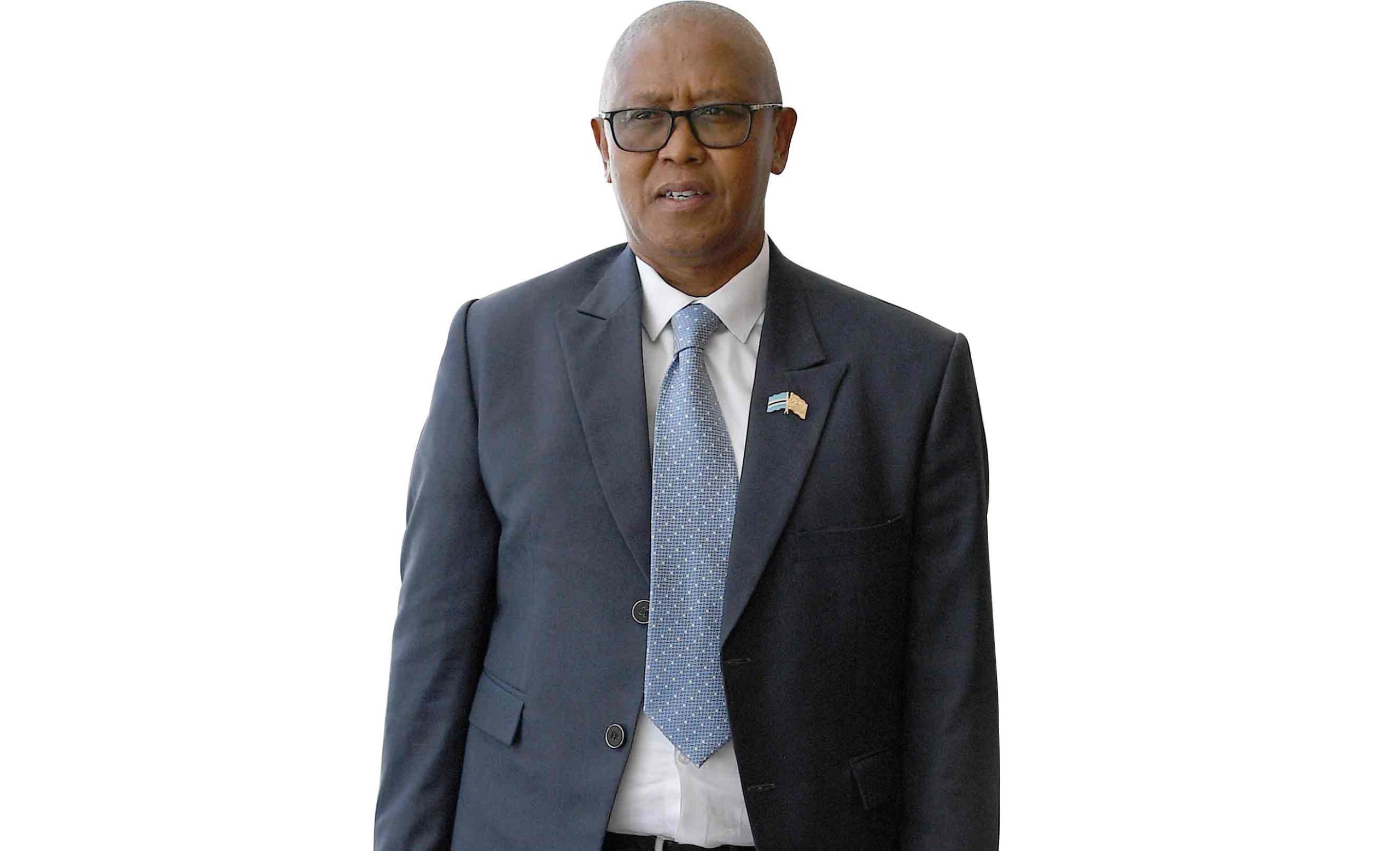While the first meeting of the first session of the 12th Parliament was not much busy because of its paucity of private and government business, the second meeting – which began with the Minister of Finance and Economic Development presenting a budget proposal yesterday (Monday) – is expected to be busy because there will be more private and government business
The 12th Parliament concluded its first meeting of the first session on 20 December 2019. The House was not very busy during its first meeting because there wasn’t much private and government business. Only one government bill was tabled and adopted and no policy was presented. This is because many bills and policies were rushed through during the last weeks of the 11th Parliament. The fast-tracked ‘election campaign’ bills and policies were initiatives of Botswana’s Fifth President who sought to sell his party to the voters. They became topical issues on the campaign trail for the 2019 general elections.
The House received a total of 327 ordinary questions with 131 noticed and 126 answered. Only 14 themes were received by the Clerk, seven were noticed and five answered. Only six questions without notice were answered out of nine received. Most questions in the first batch were from returning MPs as most of the new representatives were still finding their feet. The General Assembly has revised the number of questions per MP from the previous three per sitting to two for equity.
Nine private motions were noticed, with two adopted, one negated, one adjourned and others later-dated. The adopted motions included one requesting government “to make the default position be that one retains the Botswana citizenship unless they specifically renounce”. This motion by the MP for Maun East found support even from MPs who are also in the Executive. There seems to be a consensus that the policy of confiscation of IDs and passports of some Batswana on the basis that they haven’t yet renounced their citizenships of other countries is punitively problematic and that it must be rescinded.
The second motion to be adopted was by the MP for Kanye North which called for Parliament to resolve that “all Government and State Owned Enterprises tenders up to the value of Ten Million Pula (P10,000,000) be reserved for 100% citizen owned small, medium and micro enterprises with a maximum annual turnover of Ten Million Pula (P10,000,000)”. The general feeling of the House during the debates was that Batswana are economically disempowered, that the economy is in the hands of foreigners and further that government, as the biggest procurer of goods and services, should give more opportunities to citizens. A motion by MP for Nata-Gweta was adjourned for further consultations.
This motion called for government to “rescind as a matter of urgency its decision to allow Public Service Employees to partake in business activities whilst working for the Government.” The House was deeply divided on this motion, with some MPs arguing that key stakeholders like trade unions had not been consulted. Others thought that it would be unfair to restrict civil servants from engaging in businesses that may have absolutely nothing to do with their place of work or that have no real or potential conflict of interest issues. Some MPs noted that it may be wrong for civil servants or their close relatives in procurement units to be in businesses of tendering for instance. It was argued that the motion was not properly crafted and so may result in the unintended outcome of restricting civil servants from engaging in perfectly legitimate businesses. For this reason, it was adjourned.
Government motions were also debated, mainly the State of the Nation Address by the President and the Supplementary Estimates of Expenditure from Consolidated Funds. The former went smoothly, with MPs given 45 minutes each to respond. The latter was not without controversy, the attempted virement of funds from development expenditure to recurrent was rejected by the opposition as not only illegal but traditionally and morally unacceptable. The opposition threatened to go to court after the Attorney General advised the General Assembly that it was fine to proceed in that manner. The finance minister, however, withdrew his motion and re-tabled it, albeit without a plea of virement of funds in the manner initially proposed.
On the Electoral Act Amendment Bill, whilst this was a Government Bill, the MP for Selebi-Phikwe West initiated amendment of Section 81. The more than 20 years old law, before amendment, put campaign expenses at P50 000 as the ceiling. It would therefore be unfair, it was contended, for MPs to be stuck with the amount set in the 1990s when things have changed so drastically. Parliament had to agree that the law as it stood would force MPs to either lie under oath by understating expenses or declare amounts more than P50 000 and be in violation of the law. Whilst some MPs thought the provision to declare was unnecessary and called for a repeal, the compromise was P 2,000,000 ceiling.
The second meeting of the first session commenced on Monday with the Minister of Finance and Economic Development presenting a budget proposal. It is going to be a busy session. MPs will first debate general principles of the Budget Speech, followed by presentations of ministerial budgets by ministers and debates by MPs during the Committee of Supply. More private and government business bills should be expected.
Views from the 12th House
Hon Dithapelo Keorapetse

